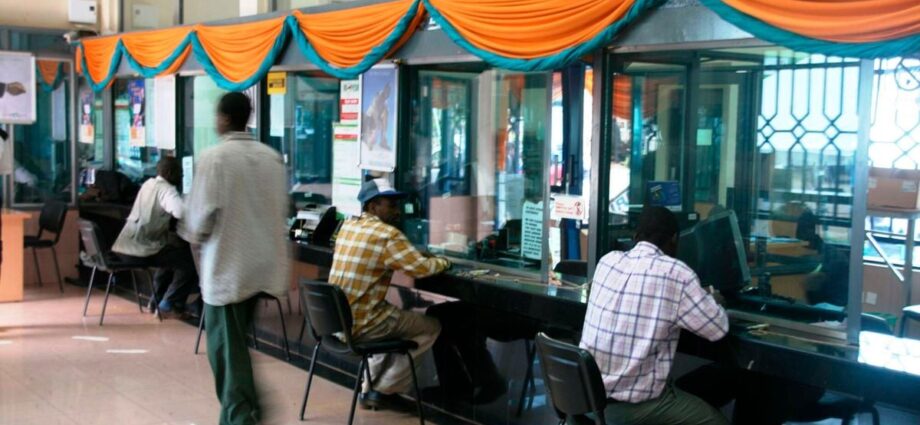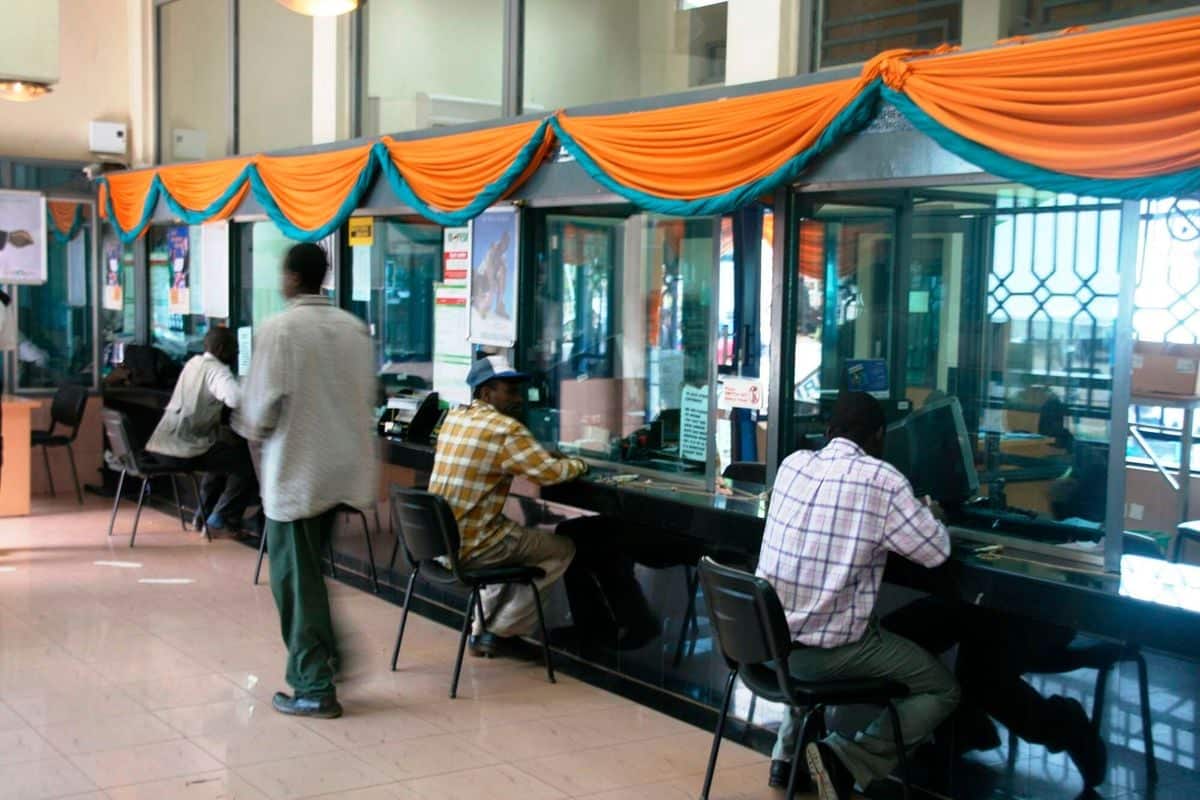Credit Bank’s anchor shareholder, the Sansora Group of companies, has backed the lender’s plan to list shares on the Nairobi Securities Exchange (NSE) by way of introduction in a move to grant it visibility and allow price discovery of the investment on the stock market.
This signifies a retreat from an earlier plan announced in August last year that the lender intended to raise Sh1 billion from the stock market through an initial public offering (IPO).
Listing by introduction occurs when a company takes its existing shares and lists them on an exchange without the aim of raising capital immediately, but to be able to do so at a later date when the company is in need of capital.
Listing prospects
Sansora’s backing is a major boost to the bank’s listing prospects ahead of the annual general meeting (AGM) scheduled for June 24 with the listing proposal topping the agenda.
“Our company is broadly supportive of the plans to list at the NSE, even as we await shareholder and regulatory guidance. We at Sansora believe the listing will receive broad support from other shareholders at the upcoming AGM on June 24.
However, Sansora has no plans to sell its stake in the bank in the foreseeable future,” Sansora Group chief executive Leon Nyachae said in an interview.
Sansora, which owns about 27 percent of the bank’s shares said the listing proposal has opened the lender to a growing interest from both the local and foreign investors.
Last year (2023) the tier 3 lender sold a 20 percent shareholding to a Mauritius-based private equity fund Shorecap III after the deal was consummated in April following approvals from the Competition Authority of Kenya and the Central Bank of Kenya.
Credit Bank is seeking more funding to implement its aggressive five-year (2021-2025) growth plan with hopes of achieving an asset base of Sh49 billion and Tier II status.
The lender is also in talks with a foreign private equity (PE) firm to sell an additional 25 percent stake.
As at December 31, 2022, the bank’s authorised share capital was 75,000,000 ordinary shares of Sh100 each of which 29,159,714 shares were issued and fully paid.
“The Sansora group of companies have served as the anchor shareholder of Credit Bank since 1986 and we look forward to playing this role for many years to come,” said Mr Nyachae.
Credit banks began operations in 1986 as a non-bank financial institution before securing a commercial banking licence in 1995.
Between 1995 and 2010, the lender served a niche market, mainly large businesses, before the strategy review in 2010 which positioned it as a retail-facing bank.















